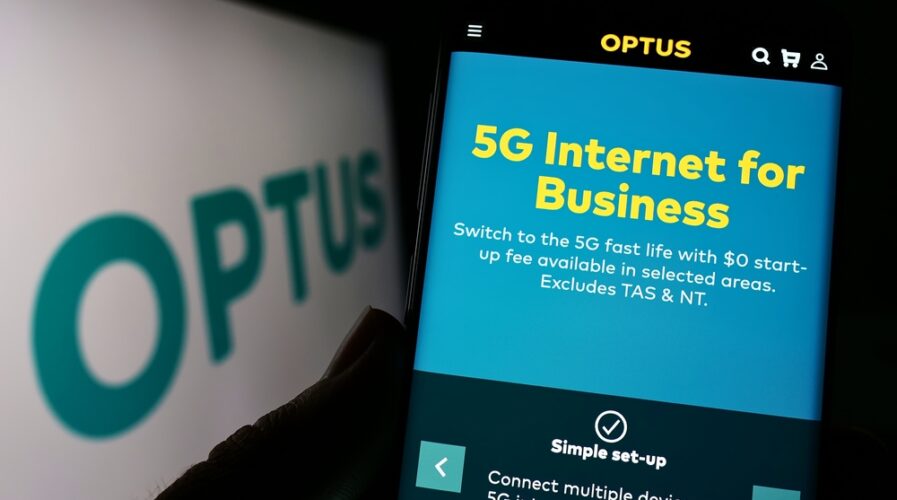
Source: Shutterstock
High-profile breaches a wake-up call on network firewalls
The past couple of weeks has seen highly publicized data breaches involving the likes of Samsung, Uber, and Australian telecommunications network Optus, leading to deep questions about firewalls and the cybersecurity strategy end game for the technology mega corporations and public service infrastructure alike.
In particular, the cyberattack on Singapore Telecommunications (SingTel) Ltd-owned Optus has been drawing significant attention in Australia, where calls are being made against the government to step up cyber protection and privacy guidelines.
Australia’s second-largest telecommunications firm revealed that the personal data of nearly three million customers was leaked last week, with information ranging from phone numbers, home addresses, emails, birth dates, passports, and driver’s licenses believed to be among the exposed data. The extent of the attack is not properly known, and could possibly extend to possibly up to 10 million customers – or about 40% of Australia’s population – in what is one of the country’s largest cyber breaches. Nor is it publicly known if the network vulnerabilities were exploited, by bypassing firewalls or other cyber protection.
Compounding matters were the slow public reveal of the information leak, with users on the Optus network not immediately notified of the breach. Optus CEO Kelly Bayer Rosmarin only acknowledged the attack the following day after initial reports eked out, in a tearful apology where customers were urged to monitor their own accounts for any “unusual activity and to change their passwords.
The attack has sparked calls for widespread cybersecurity reforms from political opposition party leaders, with the former home affairs minister Karen Andrews insisting her successor Clare O’Neil and her Labor party “has been asleep at the wheel and has certainly not done all that she could do to reassure the Australian public that the government will do what it can to protect them” at a recent press conference.
The former minister wants to reintroduce her Ransomware Action Plan legislation back into the parliament this week, which would enforce hefty punishments for any sort of cybercriminal that targets critical infrastructure like public works authorities and telecommunication networks with prison sentences of up to 25 years. Her successor O’Neill meanwhile wants to introduce legislation that would force large enterprises to inform banks of data breaches in advance, in order to quickly shield sensitive personal data and account information.
Australian Prime Minister Anthony Albanese called the Optus breach “a huge wake-up call for the corporate sector in terms of protecting the data,” highlighting both nation-state actors and for-profit cybercriminal groups who probe for network vulnerabilities, lack of firewalls, and poor endpoint protection to steal and hold data for ransom.
Australia pledged in 2020 to beef up the network infrastructure of corporates and individuals, including firewalls and the like, committing to spend A$1.66 billion ($1.1 billion) over the next ten years.
“Mobile operators are a prime target for cybercriminals as they often have millions of customers, and therefore an abundance of data, at their disposal,” commented Neena Sharma, senior strategist at Clavister. “Additionally, mobile operators are now tasked with protecting 5G networks, as well as 4G and legacy networks simultaneously.”
“The fact that cyber criminals were able to gain access through Optus’ firewall is also particularly alarming,” she continued. “Cyber-attacks are only becoming more advanced, so businesses must seriously consider the move to next-generation firewalls (NGFWs), which provide enhanced [network] protection against emerging threats. And mobile operators need to look for NGFWs that are purpose built, scalable and optimised especially for telecoms core network.”
READ MORE
- Safer Automation: How Sophic and Firmus Succeeded in Malaysia with MDEC’s Support
- Privilege granted, not gained: Intelligent authorization for enhanced infrastructure productivity
- Low-Code produces the Proof-of-Possibilities
- New Wearables Enable Staff to Work Faster and Safer
- Experts weigh in on Oracle’s departure from adland


